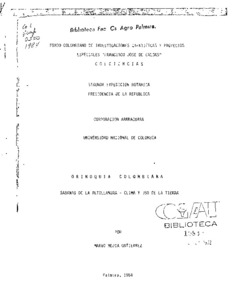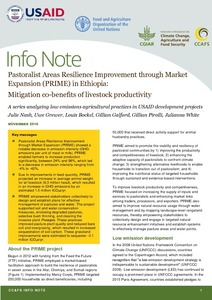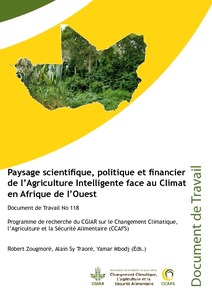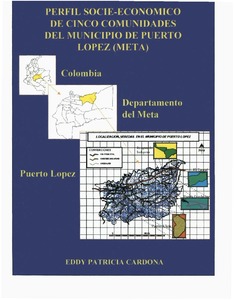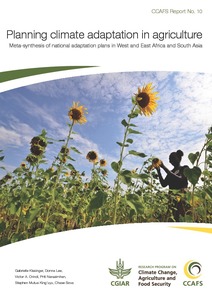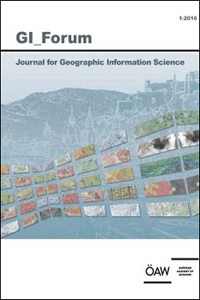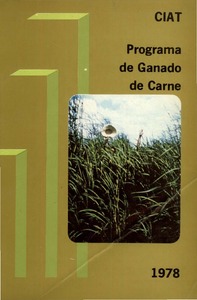Pastoralist Areas Resilience Improvement through Market Expansion (PRIME) in Ethiopia: Mitigation co-benefits of livestock productivity
Pastoralist Areas Resilience Improvement
through Market Expansion (PRIME) showed a
notable decrease in emission intensity (GHG
emissions per unit of meat or milk). PRIME
enabled farmers to increase production
significantly, between 24% and 96%, which led
to a decrease in emission intensity ranging from
-4% to -42%.
? Due to improvements in feed quantity, PRIME
projected an increase in average animal weight
for all livestock (8.3 million head), which resulted
in an increase in GHG emissions by an
Paysage scientifique, politique et financier de l’Agriculture Intelligente face au Climat en Afrique de l’Ouest
Le secteur agricole joue un rôle primordial au sein de la Communauté économique des États d’Afrique de l’Ouest (CEDEAO). En tant que pilier de l’économie, il touche à la vie de la société à plusieurs niveaux, dans la mesure où les économies nationales et les emplois, les revenus et la sécurité alimentaire des populations en dépendent.
Perfil socio-economico de cinco comunidades del municipio de puerto Lopez
Planning climate adaptation in agriculture
This meta-synthesis of national climate change adaptation plans, policies and processes spans twelve countries at various stages of adaptation planning and implementation, in three priority CCAFS regions: West Africa (Burkina Faso, Ghana, Mali, Niger, Se?negal), East Africa (Ethiopia, Kenya, Tanzania, Uganda) and South Asia (Bangladesh, India, Nepal).
Policy recommendations
This final chapter of the book offers a set of policy recommendations. It presents some typical win-win outcomes, including technologies suited for forest poor areas, labour intensive technologies promoting intensification to replace land extensive farming practices, and promoting agricultural systems that provide environmental services similar to those of natural forests.
Proceedings of the Launching Workshop of the Agricultural Water Management Platform, Addis Ababa, Ethiopia, 15-16 January 2015
Proceedings of the Workshop on Flood-based Farming for Food Security and Adaption to Climate Change in Ethiopia: Potential and Challenges, Adama, Ethiopia, 30-31 October 2013
Press the button: online/offline mobile applications in an agricultural context
In many developing countries, smartphone and internet usage has become a revolution for the population and has opened up many possibilities to use new services for communication purposes. For researchers and development organizations, it is now possible to engage more directly with beneficiaries during the implementation phase of a project. However, many regions still face the problem of a non-existent or unreliable internet connection, which is why mobile applications have to be able to work offline as well as online.
Programa de Ganado de Carne: Informe de 1978
Property rights and soil fertility management in Niger
This research was undertaken as a Ph.D. dissertation (Stanford University) in conjunction with the ILCA programme in Niamey, Niger. The objective of the research was similar to that of the World Bank studies: to test how land tenure affects land-improving investment, agricultural productivity and resource management. The standard hypothesis is that land tenure that is non-exclusive insecure or non-transferable will lead to under-investment and depressed factor mobility.

